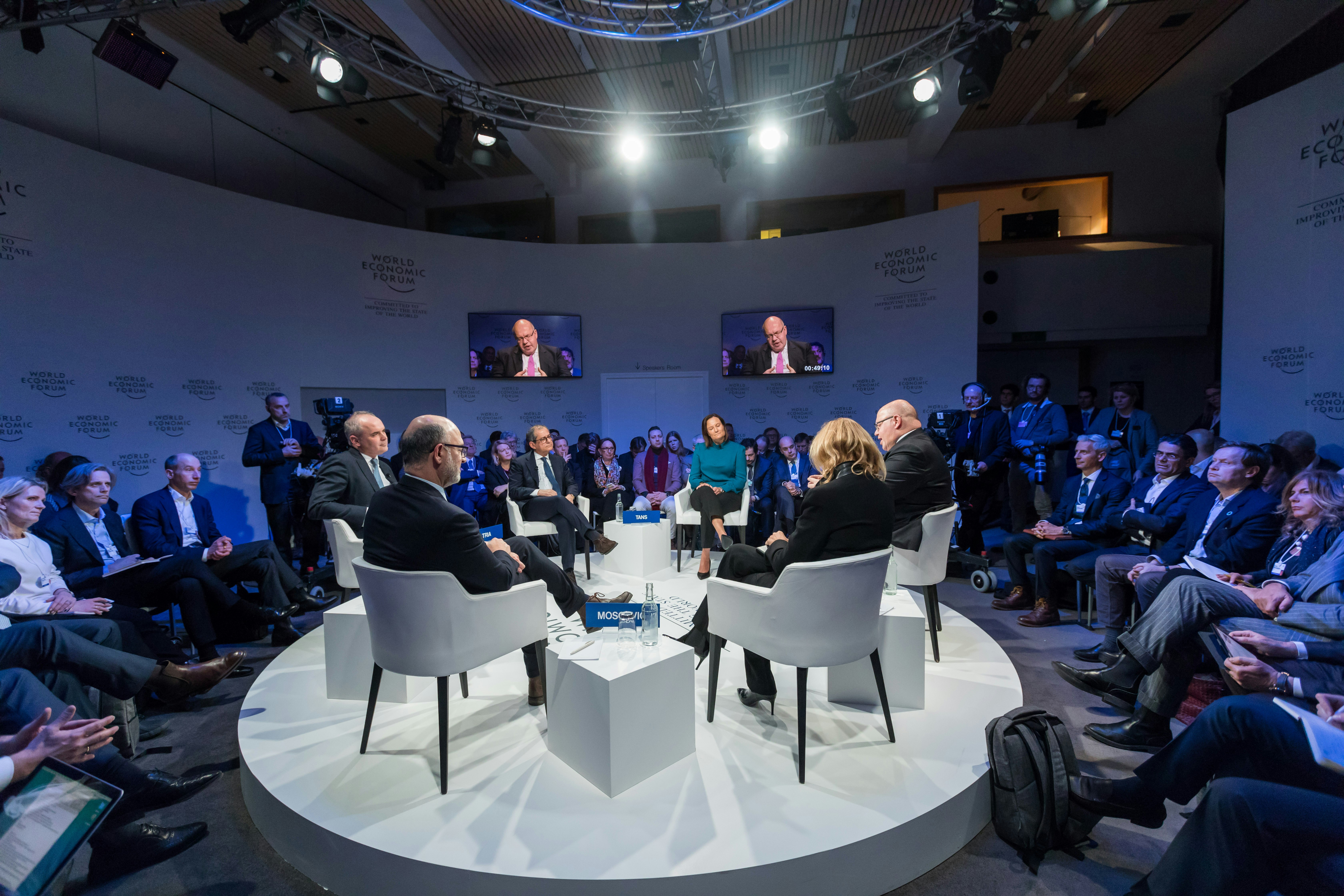With less than a week before the annual G7 summit in Hiroshima, Japan - Prominent topics at the three-day meeting included nurturing and investing in low-middle income countries like Ukraine, bank runs following the collapse of US lender, First Republic Bank and the current state of the supply chain industry.
The G7 financial leaders were in agreement that it was necessary to diversify the global supply chain industry highlighting the COVID-19 pandemic as the main driver. While China was not explicitly mentioned in the discussions - today, China accounts for nearly one-sixth of global goods exports, equating to 4.7 billion tons of exported goods, a 4% increase from 2020.
While the countries were in agreement that they wanted to reduce their dependence on China - each country had their own perspective on when and how much they should cut ties with the nation. According to a news article from Reuters - the United States called for heavily targeted controls against the country while Germany and Japan preferred to be cautious - not wanting to upset the supply chain giant and impacting not only their own economy but global trade as a whole.
While the leaders did not agree on how far they should reduce their dependence on the country- they did agree on partnering with other nations when it came to supply chain manufacturing and exporting. Expanding on their discussion, Finance Minister Shunichi Suzuki told news outlets in a press conference after the meeting - “Throughout the pandemic we learned that supply chains tended to depend on a limited number of countries.” In a bid to increase economic security - Suzuki suggested, “middle- and low-income countries … can take on bigger roles.” He added that the G7 financial leaders would not only support these countries but the global economy could also benefit from these partnerships.
As a result, the G7 financial leaders introduced a program called RISE (Resilient and Inclusive Supply-chain Enhancement) that is set to launch by the end of the year in collaboration with the World Bank. RISE would invite developing countries to take part in the global supply chain discussion - ultimately strengthening and diversifying the global supply chain industry focusing on clean energy technology. The aim of RISE is to provide developing countries - “"finance, knowledge, and partnerships" and build more resilient and inclusive supply chains”. Currently, there is no set launch date for RISE - nor talks on how much money the G7 is planning to invest in the program.
The financial meeting laid the groundwork for the annual Global Summit that will take place next week in Hiroshima, Japan. President Joe Biden is expected to represent the United States at the summit.






